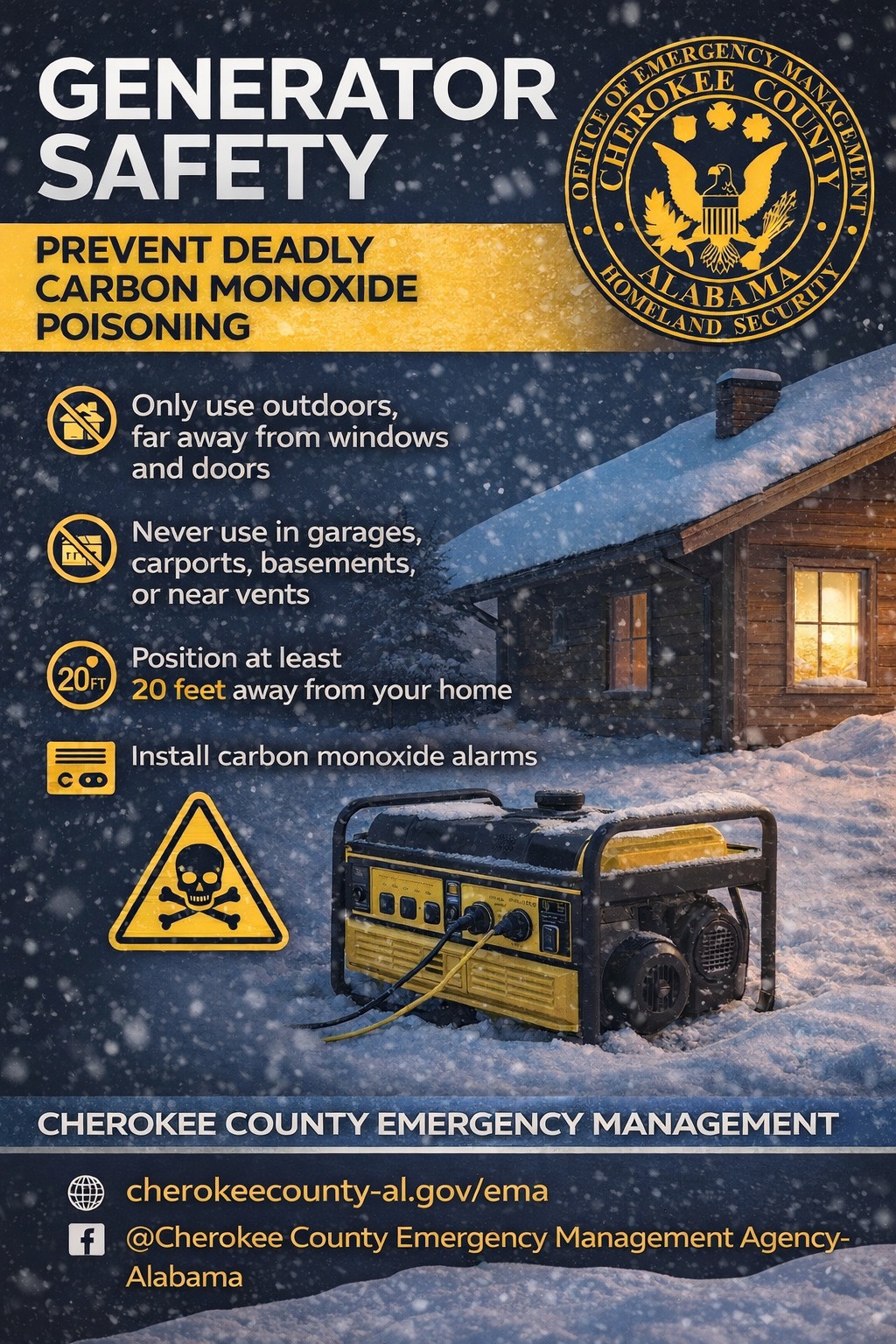Alabama Attorney General Steve Marshall has joined a coalition of 27 states in an amicus brief, asking the U.S. Supreme Court to rein in the Biden administration’s so-called “Frame or Receiver” firearms rule. The rule, issued by the Bureau of Alcohol, Tobacco, Firearms and Explosives (ATF) in 2022, broadened its interpretation of “firearm”— which now includes certain weapon parts kits that may be converted into firearms, as well as certain partially complete, disassembled, or nonfunctional frames or receivers.
“Throughout the Biden-Harris administration, their ATF has repeatedly overstepped its authority to regulate and even ban private firearms and items associated with firearms,” Attorney General Marshall said. “This brief is one of several we have filed over the past three and a half years to protect gun owners from federal overreach. While we understand that the Biden-Harris Administration has no regard for the Second Amendment, we want to remind the Court to remain firmly focused on the statutes our representatives have actually enacted, not the latest preference by liberal political interest groups.”
The brief argues: “Congress has not outlawed weapons parts kits, stabilizing braces, or bump stocks. Nor has it dubbed every person handling a gun a firearms dealer. ATF can’t take these actions in Congress’s place.”
In November 2023, a three-judge panel of the Fifth Circuit Court of Appeals unanimously struck down the “Frame and Receiver” Rule because ATF was making laws instead of doing its real job—enforcing the laws passed by Congress. The rule “flouts clear statutory text and exceeds the legislatively imposed limits on agency authority in the name of public policy.”
Alabama, Alaska, Arkansas, Florida, Georgia, Idaho, Indiana, Iowa, Kansas, Kentucky, Louisiana, Mississippi, Missouri, Nebraska, New Hampshire, North Dakota, Ohio, Oklahoma, South Carolina, South Dakota, Tennessee, Texas, Utah, Virginia and Wyoming joined the West Virginia- and Montana-led brief.




